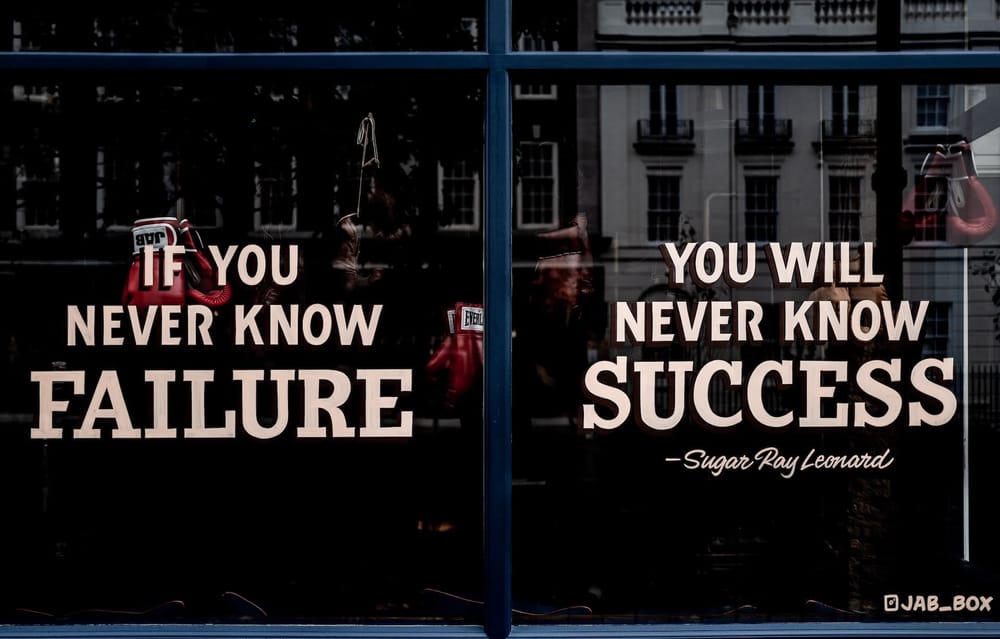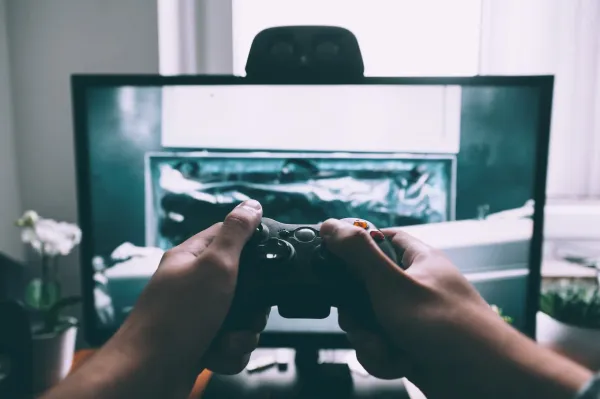How To Learn From Mistakes: Navigating The Complex Journey To Personal Growth
Unraveling the Challenges, Cultivating a Positive Mistake Culture, and Empowering Self-Improvement in a Judgment-Free Environment
Introduction
Debunking the widely held belief that people learn more significant lessons from triumphs than from mistakes or failures reveals that establishing a constructive attitude is the key to gaining meaningful insights from mishaps.
Contrary to popular opinion, the deep influence of achievements on learning frequently outweighs the potential lessons contained in failures. This emphasizes the need to adopt a benign perspective, in which the critical aspects of distance and freedom from judgment play important roles in transforming mistakes into chances for growth and self-improvement.
The Term "Mistake"
Mistake is a term that is not only viewed controversially but is also rarely used consistently in the field of literature. There is talk of mistakes, errors, incorrect implementations, or even deviating actions that go beyond a normative definition. Basically, the guideline is always a certain standard that serves as a basis for you to be able to define a mistake/error.
There are many different types of mistakes. They can be technically based, morally defined, or have a social context. To recognize a mistake as such, an analysis of the situation is necessary. In many cases this is evidence-based and the mistake can be clearly identified and named. In other situations, you have to make a subjective assessment and the definition of the mistake is purely personal.
In general, a mistake can only be determined if a target state from which the actual state deviates is known in advance. This is possible in all areas of life and often leads to undesirable consequences. Whether this creates a learning curve for you depends on very different factors.
Dealing With Mistakes
It is not easy to learn or even grow from mistakes you make yourself. Depending on the type of it and the social context in which you live, dealing with mistakes in a meaningful way can be highly complex and even doomed to failure.
Most people find it extremely difficult to admit their own failure or to accept that a decision they have made was ultimately a mistake. The realization of this is painful, often shameful, and rarely easy.
For you to learn from your mistakes, you need a benevolent relationship when dealing with them. It is important not to view a mistake in a devaluing way, but rather as a realistic part of one's own life that does not necessarily have to be repeated in another situation. It is the view of an undesirable action after the fact that determines learning, both in a positive and negative sense.
The Lack Of Fault Tolerance
Current forms of society make positive learning from mistakes at least significantly more difficult. Everyday life is geared towards efficiency, performance, productivity, and effectiveness. The economic climate dictates that failure is generally not an option and the market situation dictates as much perfection as possible. For many people, life is like a competition in which they have to assert themselves. Mistakes are not provided for as a normal option, or at least not desired.
Often, failure represents a threat to personal self-esteem. If performance is the essential aspect that determines one's social role, mistakes are seen as individual failures rather than as possibilities or opportunities.
Limiting Criteria For Learning From Mistakes
Mistakes are one of the defining experiences of every human being. Regardless of the setting we are born into or choose to live in, there are specific factors that affect how we deal with mistakes. Whether it is particularly easy or rather difficult for us to learn from mistakes also depends on these three parameters:
1. Your ego: You may often devalue yourself or instead be naturally optimistic.
2. Your personality: You are willing to take risks and are not afraid of making mistakes; alternatively, you react cautiously and cautiously.
3. Your previous experiences: You have already had concrete positive or negative experiences with mistakes and the reactions to them.
Dealing With Negative Thoughts
So that you can understand mistakes as constructive and as an opportunity and option for your own learning, it is important to consciously give them meaning. It's less about meeting your own standards than it is about understanding the background against which an error occurred.
It is important to meaningfully evaluate the overall situation that led to the mistake without questioning your own self-worth. In most cases, this is the biggest risk factor that makes learning from mistakes much more difficult. It's rarely about the actual mistake, but far more often about personal devaluation.
In many cases, a mistake analysis is embedded in a whole collection of self-doubts, negative thoughts, and devaluations. The focus lies on failure and the personal failure associated with it, but not on the specific situation that made the error possible. To realistically assess a mistake and understand the causes, it is essential that you take a step back, gain enough distance and, ideally, look at the situation with the support of an uninvolved person.
The Need For A Positive Mistake Culture
Originally from the field of social sciences, the concept of a positive error culture now also exists in business. This entails a differentiated view of how individuals, systems, cultures, and societies deal with errors and how these errors are viewed. The basic approach should always be of a constructive nature. Against this background, mistakes are not seen as an unavoidable catastrophe, but rather as an opportunity and opportunity to learn and grow from them.
For this to be successful, many prerequisites are required:
- Mistakes are shared and not viewed as a burden for one individual.
- The group, organization, or society in which a mistake occurred sees itself as appreciative and accepting of the possibility of making mistakes.
- Mistakes are not failures.
- A mistake is not attributed to a person in the sense of a question of guilt, but the relevant question is why something happened the way it did.
- Feedback from outsiders helps with reflection and is considered essential.
- Accepting mistakes as a possibility changes the way we look at dealing with them as a whole.
Closing Notes
In our lives, mistakes are inevitable threads that we will encounter. But, they help us grow, support our learning, and make us resilient. Understanding the importance of mistakes is not about acknowledging their existence but embracing them as a catalyst for personal growth and societal evolution.
Dealing with mistakes requires a paradigm shift because you have to accept that errors are not a sign of failure but rather small steps on the path to success. It is essential to analyze mistakes and examine the intricate layers of circumstances, decisions, and actions that led to their occurrence.
Unfortunately, our society tends to stigmatize errors and promotes an environment where success is celebrated but mistakes are shunned. This permits the natural learning process, and forces individual persons to be in a very defensive stance, fearing judgment and criticism every day. If we, as a society, can shift towards a more forgiving and encouraging atmosphere we would have a perfect baseline for fostering growth.
Additionally, learning from mistakes is not a passive process; it requires active engagement and reflection. To enable this, a positive mistake culture which involves dismantling limiting criteria for learning has to be established. This means that perfection should be an illusion and the journey towards excellence is paved with imperfections and mistakes. To achieve this a growth mindset should be embraced which allows individual persons to transform negative thoughts from mistakes into opportunities for personal growth and self-improvement.
In the end, dealing with mistakes is a vital life skill. By creating a positive mistake culture, we pave the way for innovation, creativity, and resilience. We should not shun away from our mistakes but instead, face them. By doing this, we not only empower our personal growth but contribute to the creation of a more compassionate world.
Remember, lessons learned from mistakes are often the most consistent gifts we can give to ourselves.
What do you think about the topic? Are you dealing correctly with mistakes already? What consequences has it had for you in the past? Is there anything else you want to add? Also, do you have any questions?
I would love to hear your feedback and your thoughts and answer all your questions. Please share everything in the comments.
Feel free to connect with me on Medium, LinkedIn, Twitter, and GitHub.
Thank you for reading, and Now Learn From Your Mistakes! ⛔❌⛔❌
🙌 Support this content
If you like this content, please consider supporting me. You can share it on social media, buy me a coffee, or become a paid member. Any support helps.
See the contribute page for all (free or paid) ways to say thank you!
Thanks! 🥰



